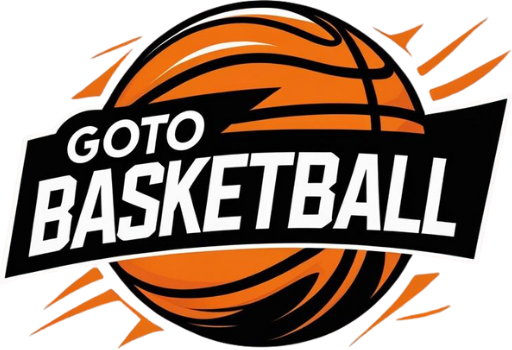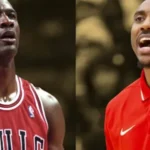LOS ANGELES, Even legends have complex relationships with the very systems that carried them to immortality. That’s what recent excerpts from a resurfaced interview revealed about Wilt Chamberlain, the towering titan of the NBA, who once voiced deep frustration with how the league treated its own prodigy.
A King Feeling Undervalued
According to the Yahoo Sports report, Chamberlain criticized the league not for lack of talent or accolades but for “petty feuds, media bias, and a lack of respect toward players. For someone who etched his name so deeply into the NBA’s record books, the claim cuts deeper than mere ego; it’s a window into a storied career that was, by some measures, undercut by external judgment.
A Career of Record-Breaking Feats
Let’s recount just how outsized his impact was. Over 14 seasons, Chamberlain:
- Averaged 30.1 points and 22.9 rebounds per game.
- Recorded an unfathomable 100-point game, the ultimate solo show.
- Led the league in scoring (seven times), rebounding (eleven times), and even field-goal percentage (nine times), and remains the only center ever to lead in assists.
But his legacy wasn’t defined just by stats. It was also shaped by the game-changing rules his dominance forced the NBA to rethink, like widening the paint, outlawing offensive goaltending, and tweaking inbound rules akin to the changes George Mikan provoked decades before.
The Weight of Expectations—and Criticism
Yet despite the records, Chamberlain carried an internal frustration not with fans who adored him, but with the league machinery around him. In another era, his dominance might’ve been held aloft; here, he was often seen as a problem to be managed, dominant but inconvenient.
Further, Chamberlain’s towering persona and flamboyant lifestyle didn’t endear him to everyone. Critics labeled him one-dimensional or selfish; Rick Barry went so far as to primarily attribute blame for important losses to Chamberlain’s supposed discomfort in the spotlight. Yet Chamberlain himself seemed to view the lack of understanding around his experiences, whether physical, emotional, or reputational, as the real failing. As ESPN’s Frank Deford put it: “If you win, one side says it’s because of your size. If you lose, they wonder how someone of your size could lose.” It’s a no-win trap few athletes face.
A Hall of Fame, But at What Emotional Cost?
By the time Wilt went to the Hall of Fame in 1978, his legendary status was secure again, but not without scars. Even his attitude toward the NBA, as recounted in that rediscovered interview, hinted that trophies could not diminish instances of feeling marginalized by the media or by the politics of the league.
It all accumulated: the bad free throws that resulted in taunts and strategy to foul him, being downplayed by more media-friendly players, etc. He did not play against other men only; he competed with the story machine, those who made the image of the league, and sometimes with their own imaginary idea of what a champion must be like.
What It Has to Do With the Game Today
The reflection written by Chamberlain appeals more than ever now. In the age of athlete branding, social media audiences, and loyalty stories, we can never forget that even superstar players have weak bonds with the establishments helping to make them heroes.
Think of it this way:
- Kevin Durant, elevated and then vilified for his choices.
- LeBron James, showered with praise but targeted for his outspokenness.
- Draymond Green, both vital and controversial.





